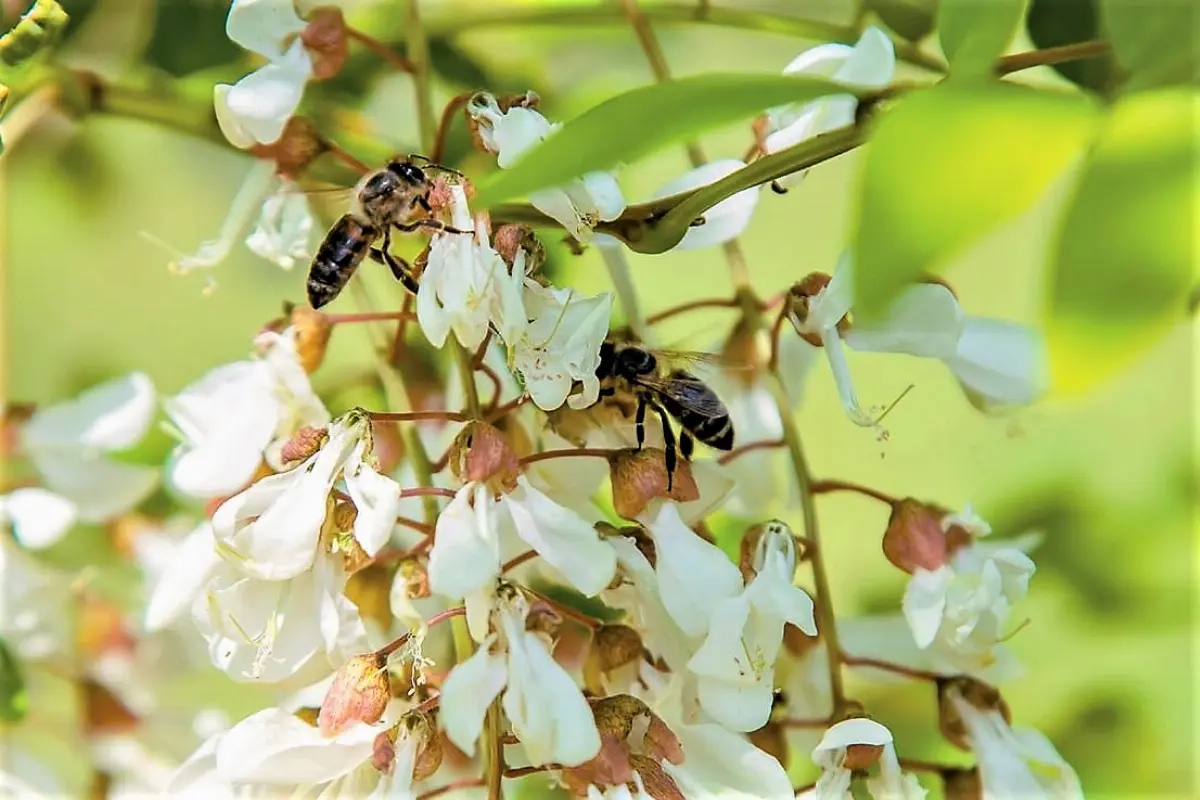
Do you want to access to this and other private contents?
Log in if you are a subscriber or click here to request service
EU cracks down on pesticides to protect bees
From the EC new rules to lower the maximum levels of two neonicotinoids in food

The European Commission has adopted new rules which, once enforced, will lower the maximum residue levels of two pesticides in food. Evaluations by EFSA, the European Food Safety Authority, have in fact demonstrated that two chemical substances belonging to the group of neonicotinoid pesticides, namely clothianidin and thiamethoxam, present a high risk for bees and contribute to the global decline...
lml - 28973
EFA News - European Food Agency
EFA News - European Food Agency